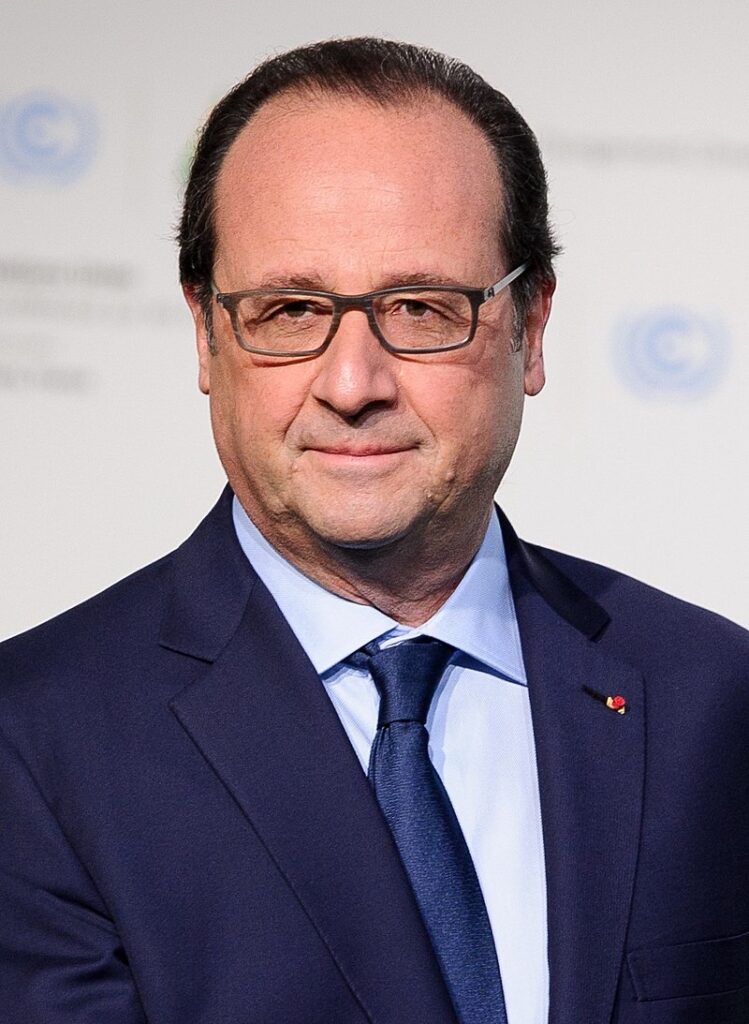
François Hollande
15 May 2012 - 14 May 2017
24
François Hollande: The Socialist President of France
When François Hollande became the 24th President of France on May 15, 2012, he inherited a country in a state of economic and social turmoil. As a Socialist, Hollande promised to lead France out of austerity and towards greater prosperity for all its citizens. He also vowed to restore France’s standing in the world, after what many saw as the country’s diminished role on the global stage under his predecessor, Nicolas Sarkozy.
Early Life and Political Career
François Hollande was born on August 12, 1954, in Rouen, France. He was raised in a middle-class family and attended some of the country’s most prestigious universities, including the Institut d’études politiques de Paris (Sciences Po) and the École nationale d’administration (ENA).
Hollande began his political career in the late 1970s, working as an adviser to various Socialist politicians. He was elected to the French National Assembly in 1988, representing the rural department of Corrèze in central France. In 1997, he became the first secretary of the French Socialist Party, a position he held for eleven years.
Presidential Campaign and First Term
In 2011, Hollande announced his candidacy for the presidency, promising to be a “normal” president who would focus on the needs of everyday French citizens. He won the Socialist Party’s primary election and went on to defeat Nicolas Sarkozy in the 2012 presidential election, with 51.6% of the vote.
During his first term, Hollande faced many challenges, including a sluggish economy, high unemployment, and rising public debt. He implemented a number of policies aimed at improving the situation, including a tax increase on high earners and a cut in government spending. He also legalized same-sex marriage, a move that was met with both support and opposition.
Second Term and Legacy
In 2017, Hollande sought re-election for a second term, but his approval ratings were low due to his perceived inability to address the country’s economic and security challenges. He ultimately decided not to run for re-election, paving the way for Emmanuel Macron to become the next President of France.
Despite some criticism of his presidency, Hollande is credited with accomplishing several significant achievements during his time in office. In addition to legalizing same-sex marriage, he implemented a number of social and economic reforms, including a minimum wage increase and a reduction in the retirement age. He also played a key role in negotiating the Paris Agreement on climate change in 2015.
Conclusion
François Hollande served as the President of France during a time of great economic and social upheaval. While his presidency was not without its challenges and criticisms, he is remembered for his commitment to the values of the French Socialist Party and his efforts to improve the lives of everyday French citizens. His legacy will be shaped by his accomplishments, including his role in the Paris Agreement, his social and economic reforms, and his support for same-sex marriage.
